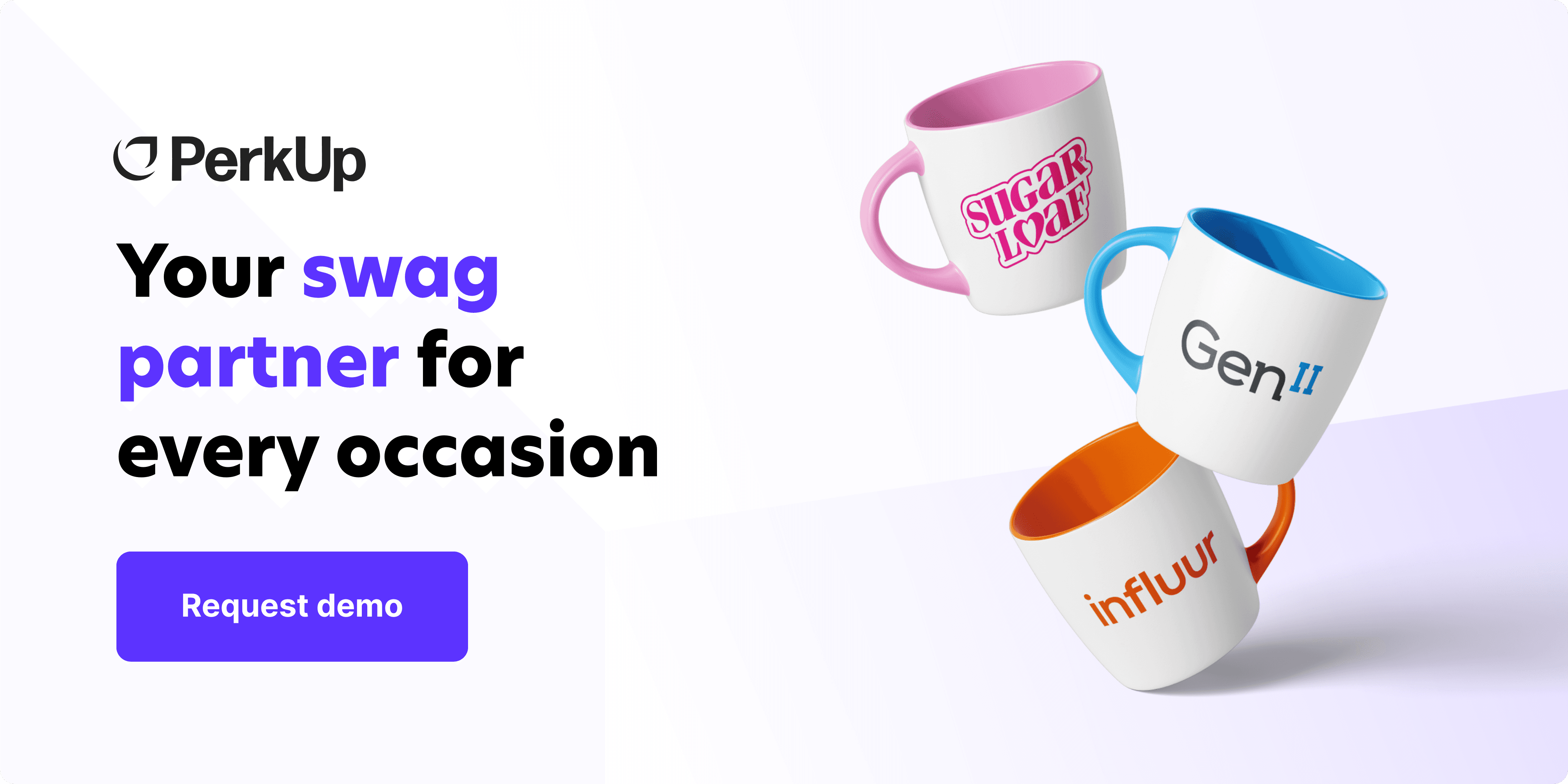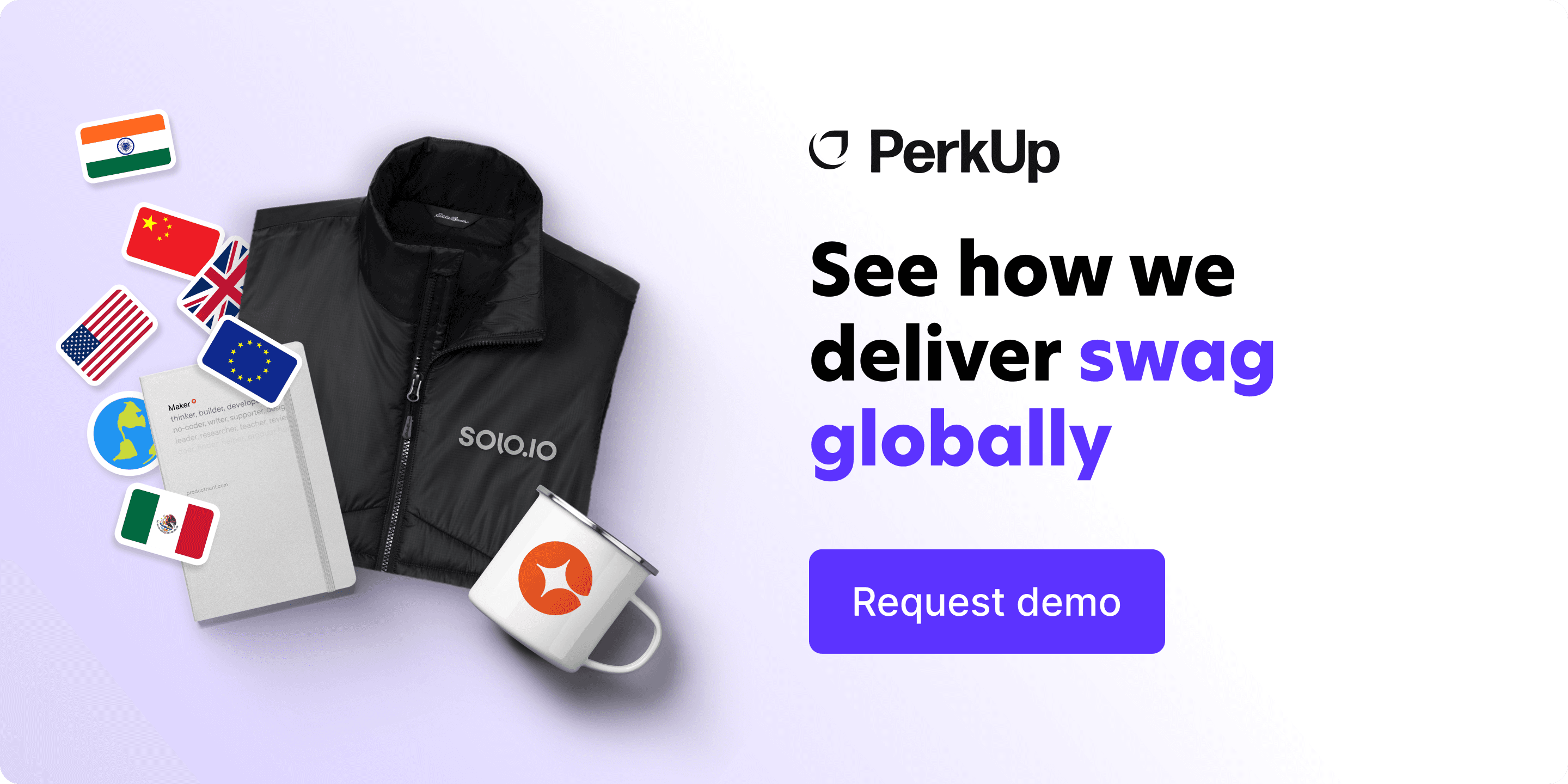Uncommon Goods Overview
Uncommon Goods was founded in 1999 by Dave Bolotsky, who was inspired by a craft show to create a marketplace connecting makers with shoppers seeking distinctive gift items. Today, the company positions itself as an alternative to mass-market corporate gifts, favoring artisanal and eco-friendly gift options.
Main Features
Unique gift offerings

Uncommon Goods offers curated gift options that emphasize individuality and creativity, ensuring you can send presents that stand out from generic merchandise. Gifts range from personalized desk items to gourmet food sets and wellness products. The company also features gift cards and Uncommon Experiences, which are virtual classes and workshops that add an interactive and more personalized element to gifting.
Curated catalogs
The platform has various catalogs that include seasonal collections and corporate gifting selections. It also has a gift finder tool where you can filter the gifts by recipient, interests, and occasions, allowing you to find the option that best fits your gifting needs.
ESG (Environmental, Social, and Governance) initiatives
Uncommon Goods emphasizes sustainability and responsible sourcing in its gifting approach, highlighting eco-friendly and recycled materials in its gift options. It also has a “Better to Give” program where it donates $2 from every order to nonprofit organizations, such as Breastcancer.org and the International Rescue Committee.
Pricing
Subscription: Uncommon Perks is the platform’s membership tier, offering benefits such as free standard shipping, biannual $5 discount codes (1 every 6 months), and $10 off expedited shipping options. The first year is $14.90 with a 14-day free trial; after the first year, the subscription auto-renews at a higher price unless you manually cancel it yourself.
Shipping: The shipping rates with Uncommon Goods are quite expensive, especially when compared to gifting platforms that bundle or discount delivery. Rates range from $7.95 to $47.95, depending on your cart value and the delivery speed selected. To give you an example, if your cart amounts to $25.99, the shipping fees will be as follows:
Economy (3 to 7 business days): $7.95
Standard (2 to 5 business days): $8.95
Preferred (3 business days): $14.95
Expedited (2 business days): $19.95
Express (1 business day): $24.95
For Uncommon Perks members, there’s a $10 discount on Preferred, Expedited, and Express shipping. While this discount takes a bit off the costs, other platforms designed for corporate gifting often include or heavily discount those shipping costs, meaning you won’t face the same ballooning expenses.
Bulk orders: Corporate discounts for bulk orders typically start at $1,000 or more. Do note that the lead time for this is generally 1 to 2 weeks, and you must first pay before the platform ships your orders.
Pros and Cons
Pros
✅ Gift selection filtering: Users commend the platform on how it makes gift selection straightforward, even for those new to corporate gifting.
✅ Unique gift offerings: The platform’s carefully curated, artisan-crafted gift products stand out from typical corporate options, which allows you to personalize your gifts based on your recipients.
✅ Experience and gift card options: Beyond physical gifts, Uncommon Goods also offers experiences and gift card options, allowing you to choose other digital or more memorable gifts.
✅ Social and environmental commitments: Uncommon Goods prioritizes sustainability and social responsibility. Every order supports nonprofit organizations and many of its products feature eco-friendly materials or are handmade by independent artists.
Cons
❌ Expensive shipping fees: Given the shipping fees ranging from $7.95 to as high as $47.95, depending on the cart value and delivery speed, these costs can be hefty and not sustainable in the long run.
❌ Absence of a global warehousing network: All shipments of Uncommon Goods originate from New York and Indiana, which means longer delivery times and higher fees for your global recipients. Without regional warehouses, overseas gifting can become expensive and unpredictable.
❌ No swag options: Unlike corporate gifting and swag management platforms, Uncommon Goods doesn’t provide branded swag or swag kits, limiting its usefulness for swag programs.
❌ No integrations with business tools: Uncommon Goods doesn’t connect to HRIS, CRM, or SSO platforms, which means you can’t link gifting activity to your existing workflows.
❌ Lack of automation: There’s also no way to automate gifts for birthdays, work anniversaries, new hires, or other recurring events with Uncommon Goods. You need to place each order individually, which is only manageable if you’re a small team. The lack of automated gifting, though, quickly becomes overwhelming if you want to streamline your gifting strategy.
❌ Delivery and fulfillment issues: User reviews highlight complaints about delayed orders, missed delivery windows, and communication challenges when issues arise. These inconsistencies can cause frustration.
❌ Issues with Perks subscription: Some users have experienced difficulties managing their membership, including unexpected renewals or challenges in cancellation. These can be frustrating, especially if you expect simple subscription control and transparency.

Uncommon Goods is best for…
… organizations wishing to send unique gifts 👍
Since the platform offers a curated collection of handcrafted items, you’ll be able to offer your recipients gifts that feel personal. You can also choose from experience and gift card options, further allowing you to personalize your recipients’ gifting experiences.
… US businesses with flexible budgets 👍
If your budget allows for a little more flexibility, Uncommon Goods can be a great fit. This is because its catalog leans toward premium, artisanal items that naturally come at a higher price point, and the shipping fees, especially for faster delivery, can add up over time. But if you’re not overly constrained by a tight budget, then this investment can translate into gifts that feel high-quality, leaving a stronger impression on your recipients.
… companies that prioritize working with socially responsible partners 👍
More than just a gifting marketplace, Uncommon Goods positions itself as a company with a conscience. In particular, through its “Better to Give” program, each of your purchases allows the platform to donate $2 to nonprofit organizations. Uncommon Goods also supports small businesses by sourcing handcrafted or artisan items from them. If you’re looking to demonstrate corporate responsibility through gifts, Uncommon Goods is a strong choice.
Uncommon Goods may not be a good fit for…
… companies with global recipients 👎
Because Uncommon Goods fulfills all orders from its New York and Indiana warehouses, international shipping can become costly. Without regional fulfillment centers, you may face unexpected delays and higher fees when sending gifts abroad. If you have remote or global teams spread across Europe, Asia, or South America, this lack of global infrastructure can create logistical headaches.
… enterprises that need warehousing support 👎
Uncommon Goods doesn’t offer any form of warehousing or inventory management, which can be a significant limitation if you have recurring gifting programs or event-driven marketing strategies. Warehousing, after all, allows you to store items in advance and fulfill orders without re-purchasing products each time, as well as reduce shipping times. Without a warehousing network, you’ll need to manage your gifts from Uncommon Goods per purchase, which can be inefficient in the long run.
… teams seeking swag and gift options 👎
If you’re looking for other options where your brand can be visible and easily remembered, then Uncommon Goods isn’t the best fit for you. This is because the platform doesn’t offer custom printing or kitting services commonly needed for swag and swag kits. Although you can buy unique gifts in bulk, you can’t have them packaged together into a kit or personalize them with your company branding. For marketing teams or HR managers hoping to use swag as an engagement tool, this limitation can be a dealbreaker.
… busy leaders looking to automate their swag and gift 👎
Seeking to automate swag and gift sending during your employee work anniversaries or onboarding? Then you’ll need to look elsewhere, since Uncommon Goods doesn’t offer automation or integration with HRIS software. Every gift you wish to buy has to be manually selected, added to cart, and checked out, which can be burdensome for busy managers and larger companies.
Uncommon Goods’s biggest strength lies in its catalog: a lineup of handmade and eco-conscious gifts that help you stand out. The platform is also a tool for reinforcing company values around sustainability and social good through gifts. On the other hand, Uncommon Goods isn’t designed for gifting at scale. It lacks the infrastructure to support global distribution, the technology to automate milestone gifting, and the customization options needed for branded swag or event kits. While it works well for one-off or small batch orders, especially for US-based teams, the platform struggles to meet the needs of companies with larger and/or international workforces. In short, it excels at curated gifting, but falls short in efficiency, automation, or global reach.
Looking for global gifting solutions? Explore the best Uncommon Goods alternatives
Expanding globally? Want to manage your swag or gift inventory? Or wishing to automate gifting for milestones? Then you might find platforms aside from Uncommon Goods that are more suitable for your needs. So, if you need more than unique, artisanal gifts, check out these Uncommon Goods alternative platforms that are built specifically for corporate swag and large-scale gifting programs. These alternatives typically offer features Uncommon Goods doesn’t: regional warehousing to reduce shipping costs and delays, automation tied to HR systems, and branded swag for company culture.
Uncommon Goods vs PerkUp, the #1 global platform for premium swag and gifts

Uncommon Goods offers a gifting experience centered around creativity and social impact. Its catalog of artisanal and eco-conscious gifts makes it appealing if you want to give gifts with character. However, its strengths are primarily in one-off or smaller orders, and it lacks the infrastructure for automation, global distribution, or branded swag.
PerkUp, on the other hand, brings together the best of both worlds. It can support small teams or values-driven companies that want premium and/or sustainable gifts while also offering the logistics needed to operate at a global scale. With global warehousing, prepaid duties whenever possible, automated milestone gifting, and integrations with HRIS and SSO tools, PerkUp goes beyond curated gifting; it provides an end-to-end solution for employee engagement, customer appreciation, and event swag.
Check out this Uncommon Goods vs PerkUp article to see why companies like Wellhub and Influur choose to partner with PerkUp.

More like this
From team swag to event kits, discover what’s trending across global companies








